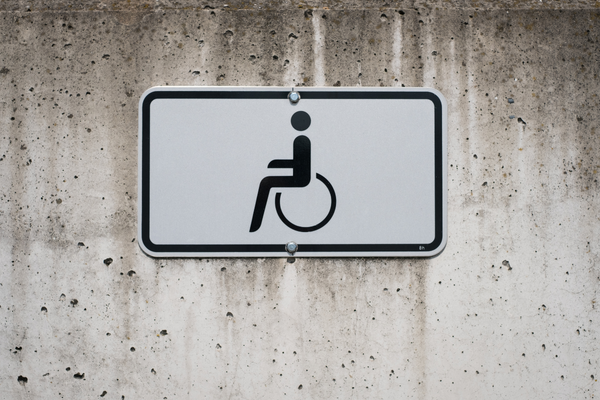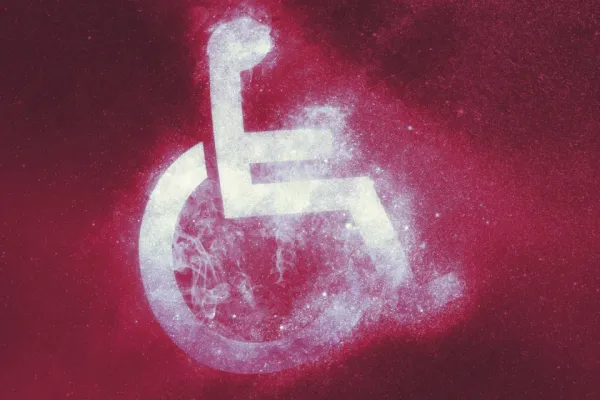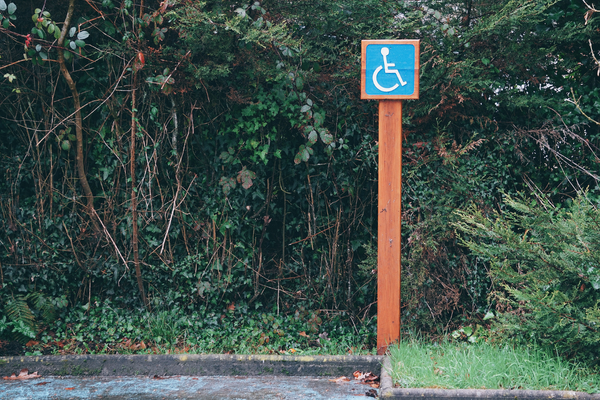3/12/25 - 5 years of COVID
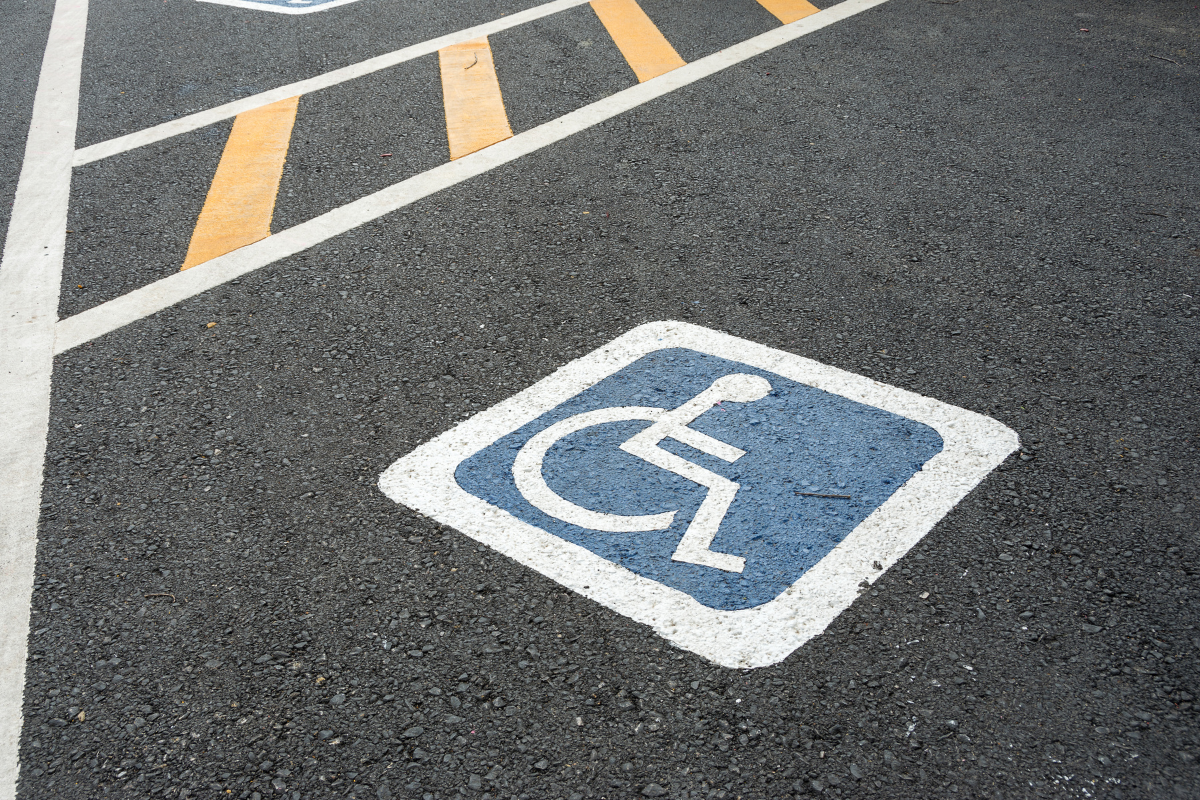

Yesterday was the fifth anniversary of the World Health Organization declaring COVID-19 a pandemic. COVID is a rare example of something that affected the entire world in deep and devastating ways, and affected disabled and chronically ill people in additional, distinct ways. COVID means something to everyone. But it means something more and different to disability communities everywhere. Here are two recent articles assessing COVID from a generic, mostly "non-disabled" perspective – and also the first thing I wrote about COVID and disabled people back in March 2020.
Note: There is a new Action Alert on Medicaid below. Please have a look and act if you see fit.
5 years ago, the WHO declared COVID a pandemic. Here's a look at the disease by the numbers
Mary Kekatos, ABC News - March 11, 2025
"Tuesday marks five years since the World Health Organization (WHO) declared the global outbreak of COVID-19 to be a pandemic ... Since then, millions of Americans have been hospitalized, and more than 1.2 million people have died ... Additionally, millions of adults and children are still feeling the effects of their illness and have been diagnosed with long COVID."
A lot of people seem to have forgotten how many people actually died from COVID, how many packed overwhelmed hospitals, how scary it was to face the very real possibility that care resources and supplies could run out, and how many disabled people faced the possibility of being denied care in favor of "healthier" patients without "preexisting conditions." There certainly were some things we didn't get quite right in the first couple years of COVID. But it was really, really bad, and we were right to be afraid.
5 years later, long Covid is still a medical mystery: What scientists have learned
Katie Camero, NBC News - March 11, 2025
"'I was told that after two weeks I would be better,' Sweeney, now 42, said. 'But my two weeks never came.' ... Almost five years later, she’s still struggling with severe whole body pain, sleeplessness, depression, painful rashes and boils, uncontrollable urination, short-term memory loss, and irregular periods."
And then there's Long COVID – another facet of COVID that seems too easy for people to forget, unless they actually have it of course. Again, looking back it's easy to convince ourselves, if we want to, that things people said about COVID were overreactions. But one thing remains true: COVID was, and still is, a "mass disabling event."
5 Things To Know About Coronavirus And People With Disabilities
Andrew Pulrang, Forbes.com - March 6, 2020
"Unfortunately, any natural anxiety disabled people might have about the COVID-19 outbreak is likely made worse every time news reports and official statements go out of their way to reassure everyone by saying 'only' elderly and chronically ill people are at serious risk. It feels awful to hear people reassure each other that coronavirus isn’t that scary because it will mainly hurt and kill 'high risk' people. Remember, that’s us you are talking about, and we can hear you."
Most disabled people experience some ableism from the moment they themselves realize they have a disability. But COVID was I think the first time a lot of us truly felt discarded, and potentially sacrificed, for the benefit and convenience of non-disabled people.
COVID certainly changed how I view myself as a disabled person. How did it affect you?

Action Alerts
Opportunities to take action on disability issues ...
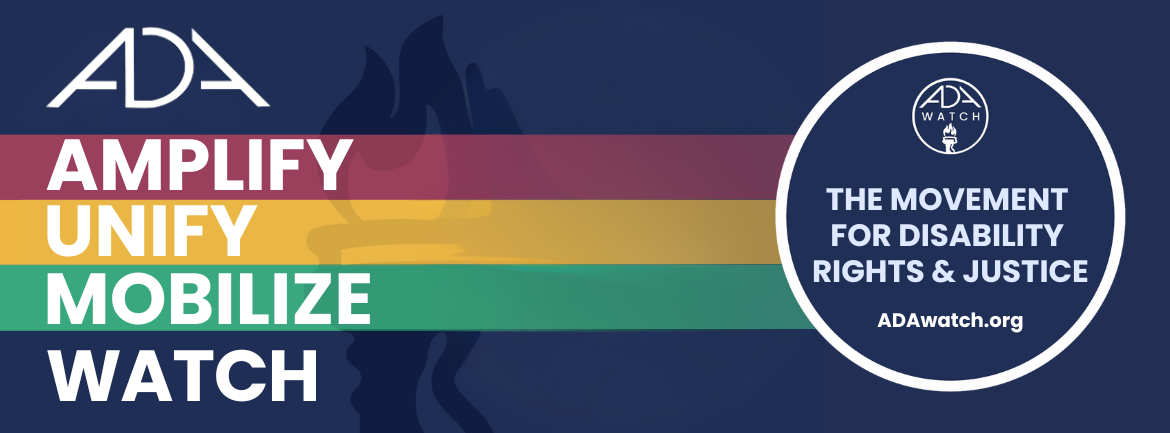

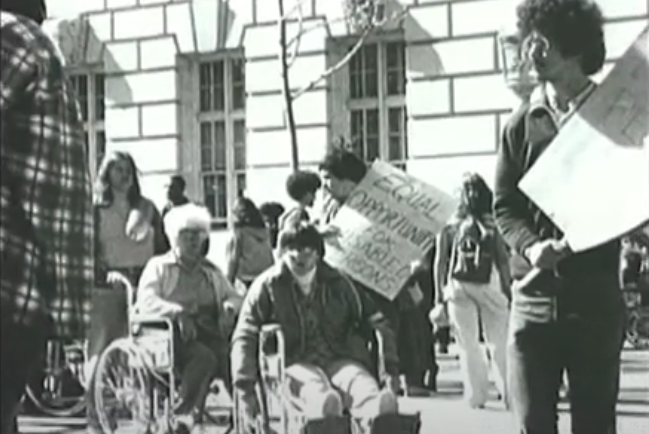
Disability Thinking Weekday is a Monday-Friday newsletter with links and commentary on disability-related articles and other content. Please like, share, comment, and subscribe — for free, or with a paid subscription. A free subscription brings a newsletter to your email each weekday, and gives you access to Comments. Benefits of paid subscription include:
- A monthly recap with links to all of the previous month's shared articles, organized by topic.
- Listing as a supporter, and a link to your website if you have one.
- You can recommend one disability-related article for me to share per month in a weekday post.
To to subscribe, or check and change the status of your subscription, click this button:
I am so grateful for your help and engagement, in whichever forms you choose!



